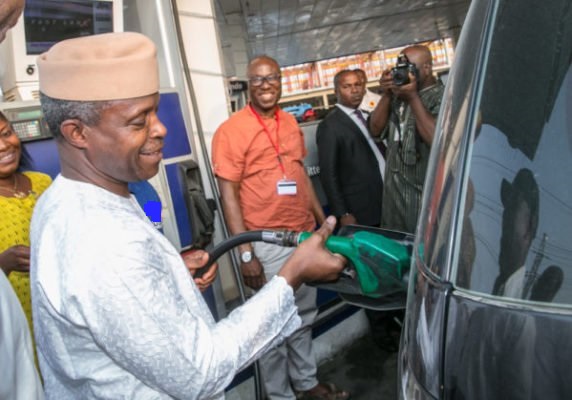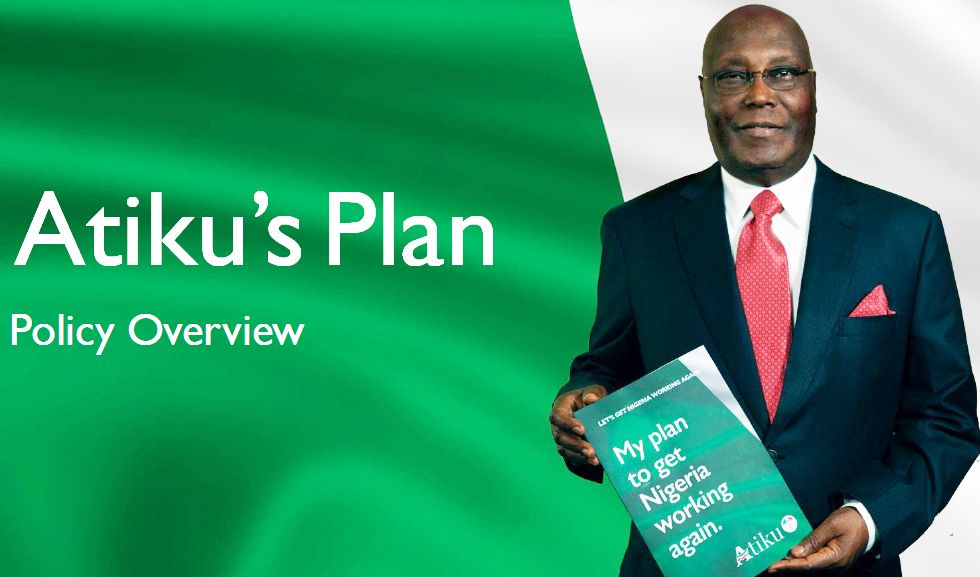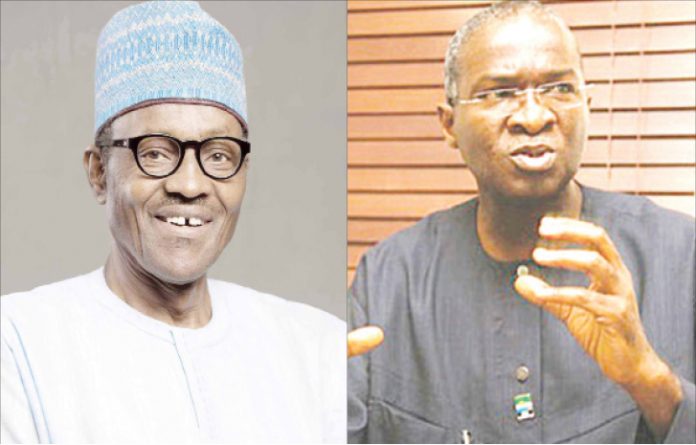There are strong indications that the Nigerian National Petroleum Corporation (NNPC) may have to find additional funding to keep maintaining the pump price of fuel at N145 considering the rising oil price which has been pushing up petrol landing cost.
Business Hilights recalls that few months ago, the Minister of Finance disclosed that rising price of crude oil remains a double-edged sword to the Nigerian economy as whereas high crude price means increased income and higher foreign reserves for the economy, it also returns pains and anguish to the populace in terms of higher pump prices and scarcity.
Currently, findings at some product Jetties within Apapa tank farms by our correspondent on Thursday showed that the expected open market price of Premium Motor Spirit (petrol) being imported into Nigeria may have risen above N190 as crude oil price climbed towards a four-year high of $75 per barrel.
As of March 20, 2018, when the international benchmark for oil prices, Brent, traded around $66 per barrel, the EOMP of petrol, according to data obtained from the Petroleum Products Pricing Regulatory Agency, was around N189 per litre.
Brent, against which Nigeria’s crude oil is priced, touched $74.75 per barrel since last week and now steady at $75, having gained 10 per cent since the start of this month. It however, traded around $73.80 as of 4:30pm Nigerian time on yesterday, Thursday.
The Chairman/Chief Executive Officer, International Energy Services Limited, Dr. Diran Fawibe, in an interview revealed that “If we keep the price of petrol fixed and there is an increase in crude oil prices, the price of petrol will rise and somebody has to pay for it, whether the NNPC or the Federal Government. Somebody has to pay more and that has to come in the form of subsidy”.
He argued that unless Nigeria ramps up local refining of crude oil, reduction of the dependence on importation cannot be possible and that will translate to momentary shocks on the economy from time to time as international price of oil kept swinging.
It would be recalled that the Group Managing Director of NNPC, Dr. Maikanti Baru had on December 23, 2017, averred that the Federal Government had been resisting intense pressure to increase the pump price of petrol, noting that the landing cost of the commodity was N171.4 per litre as of December 22, when oil price was around $64 per barrel.
By adding the N14.3/litre for other cost elements such as the retailers’ margin, bridging fund, dealers’ cost and transporters’ pay, as captured in the last published template of the PPPRA, to the landing cost of N171.4, the pump price rises to N185.4/litre.
NNPC noted that “The landing cost moves with the CIF (Cost, Insurance and Freight) price of the PMS. As of Friday (December 22), the CIF price was in the neighbourhood of $620 per metric tonne. With the official exchange rate of N305 to the dollar, the landing cost should be N171.40 per litre”.
Already, the PPPRA’s Downstream Monitor for January to April 2018, noted that petrol price continued to rise at the international market, pushing the expected open market price far beyond the recommended pump price of N145/litre.
It said the PMS retail price in the fourth quarter of 2017 was eight per cent higher than in Q3 2017 as a result of higher crude costs coupled with persistent high naira/dollar exchange rate.
According to the PPPRA, the average petrol cost in Q4 2017 was $594.59/MT, and the EOMP averaged N168.30/litre, with the landing cost averaging N148.93/litre.
On its outlook for the first quarter of this year, it said based on projected $60 per barrel crude price and $630/MT petrol price and an average naira exchange rate of N305/litre, domestic PMS pump price was expected to average N171/litre.
But now the price has surpassed PPPRA permutation, it means that the landing cost has soared meaning that NNPC is nowe paying more in subsidy even without legislative approvals.









